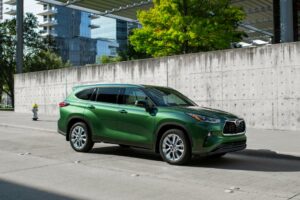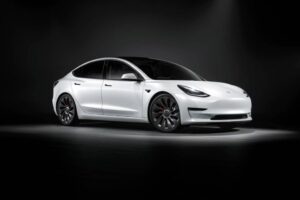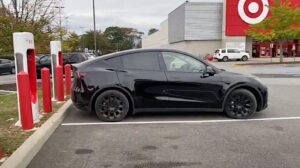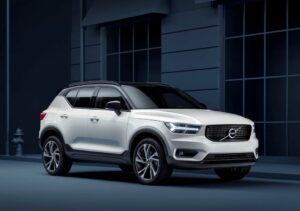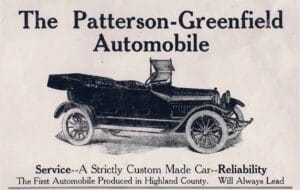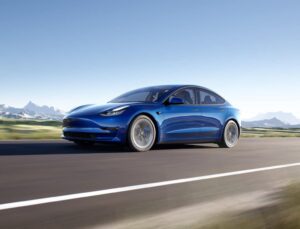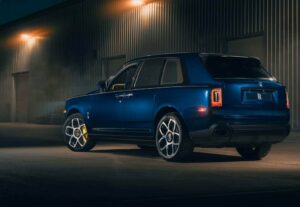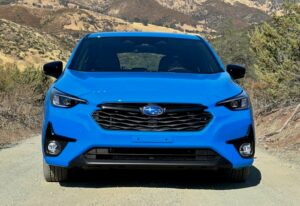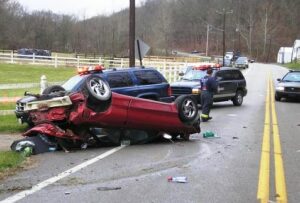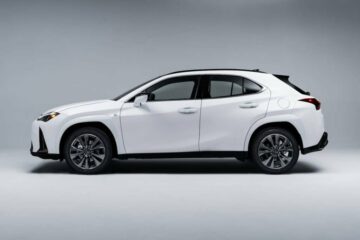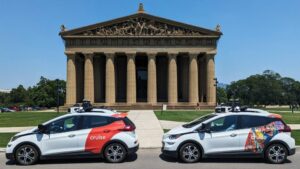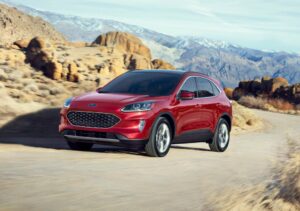Scout, the off-road brand being brought back to life by the Volkswagen Group, will get its own assembly plant near Columbia, South Carolina, a region of the country that is rapidly becoming a major hub of automotive manufacturing.
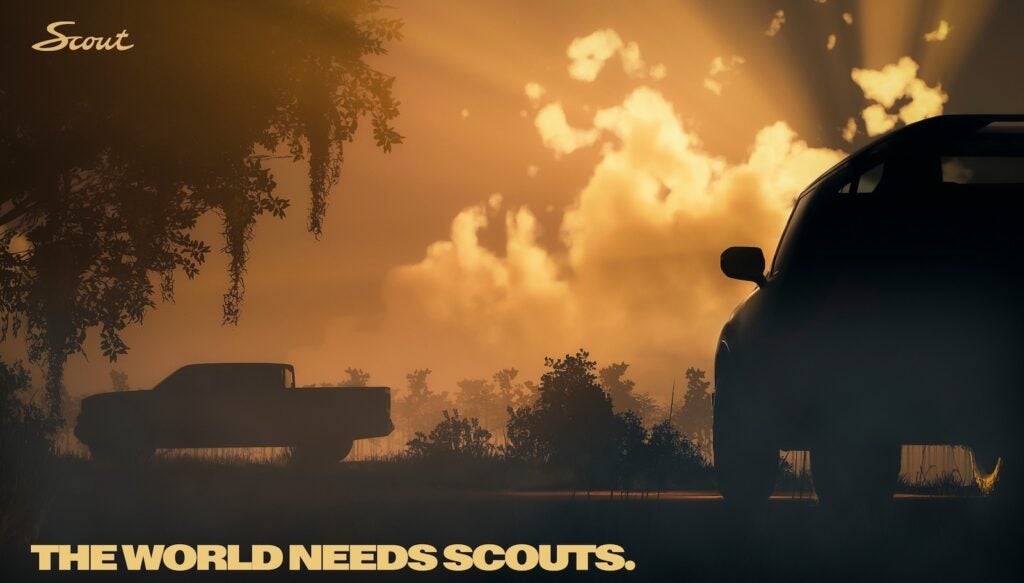
The plant is expected to cost 1.9 billion euros, or about $2 billion at current exchange rates, Volkswagen said in a statement. Groundbreaking will take place mid-year, with production of the first Scout vehicles expected to begin in 2026. With the Scout brand set to go all-electric, VW also is reportedly looking at setting up a battery plant, likely in Canada. The automaker’s high-line luxury brand is also exploring options to set up an assembly operation of its own in the U.S.
“The shift in the North American market toward electric mobility is a historic opportunity for the Group to take a stronger position, further diversify our global presence, and increase our resilience,” Volkswagen Group CFO Arno Antlitz wrote in a post on LinkedIn. ”We have a unique chance to grow profitably and to grow electric in the U.S. We intend to seize it.”
Returning from oblivion
Originally introduced by International Harvester in 1960, Scout was one of the first brands to offer sport-utility vehicles, directly competing against the Jeep line. But its parent struggled to survive, eventually reemerging as Navistar. The Scout brand was pulled from the market in 1980 — ironically, just before the real surge in demand for SUVs began.
Volkswagen purchased the rights to the Scout name last May, subsequently announcing plans to invest an initial $1 billion to re-launch the once-popular badge. After the acquisition it indicated that the first Scout concept vehicles will be revealed sometime in 2023. It’s expected to start off with an SUV and a pickup.
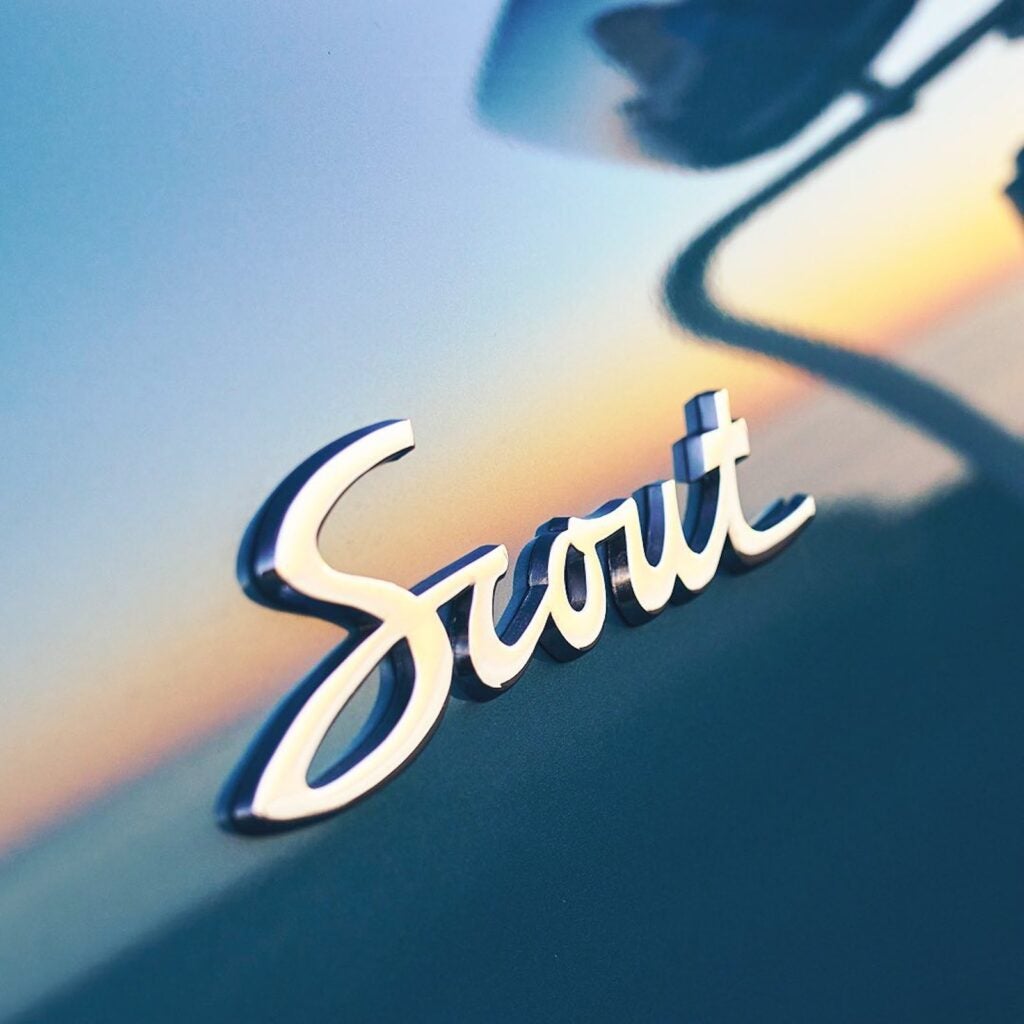
The move will position Scout in more or less direct competition with Jeep, the first SUV-oriented brand, as well as Bronco, which Ford Motor Co. recently revived as a sub-brand of the mainstream Ford marque.
Scout goes all-electric
A key difference is the decision to have Scout go all-electric. The Jeep brand has so far launched two plug-in hybrids, the Wrangler and Grand Cherokee 4xe models, and is preparing to introduce its first battery-powered model around the time Scout is scheduled to debut.
Ford has begun rolling out new EVs but has not announced plans to electrify the Bronco line. That is considered likely, however, considering the automakers increasing investment in EVs,
Benefits of building in the U.S.
Producing Scout products in North America could yield two benefits, VW insiders have told TheDetroitBureau.com.
“We do not have a factory in the U.S. yet. With the American government’s Inflation Reduction Act, building a U.S. plant for electric cars has of course become highly attractive,” Audi chief executive Markus Duesmann last week told the German newspaper, Frankfurter Allgemeine Sonntagszeitung.
For one thing, it is expected to be by far the biggest market for the brand’s products. The other benefit would be the potential to take advantage of revised EV incentives under the strict new rules set by the federal Inflation Reduction Act.
Scout battery plant to follow
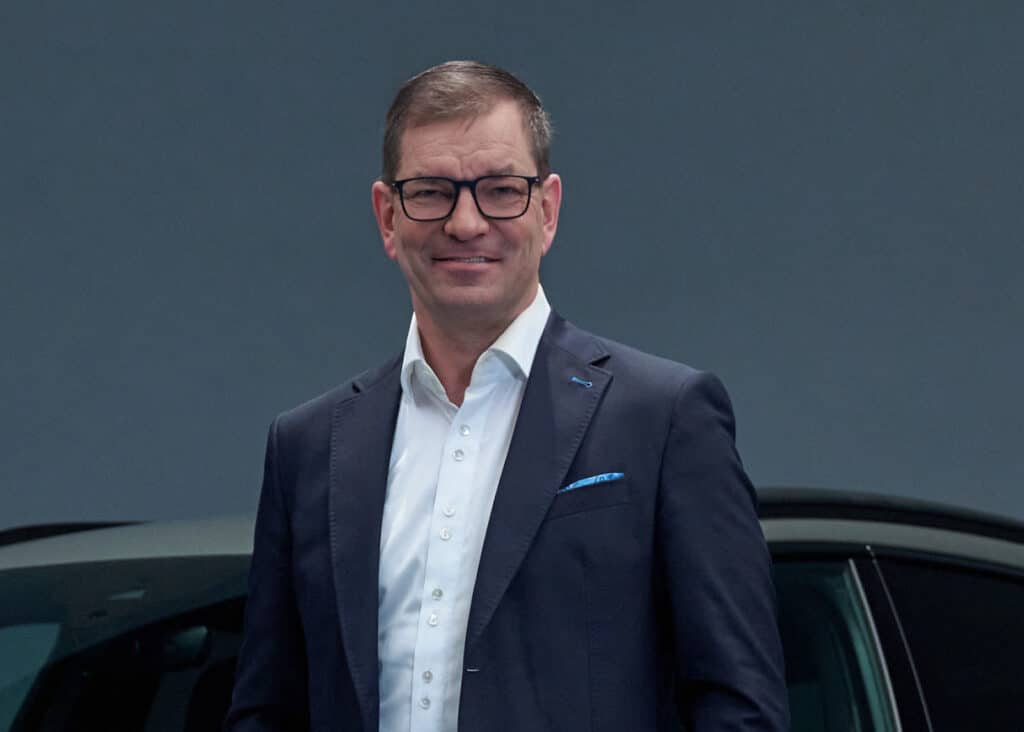
But to qualify for up to $7,500 in consumer tax credits not only will require assembling Scout products in the NAFTA region, but it also will have to assemble its batteries in the the U.S., Mexico or Canada and use locally sourced raw materials such as cobalt, lithium and nickel.
VW appears to be focusing on Canada, VW Group CEO Oliver Blume in December calling that “one logical option” since that country has large supplies of those critical raw materials. It also would be easy to bring finished battery packs across the border to a U.S. assembly plant.
South Carolina becomes an automotive hub
Scout is looking to sell about 250,000 EVs annually, though it is unclear what sort of ramp up is planned. That could justify construction of a single assembly plant dedicated to the brand. But Duesmann left open another option.
Setting up an assembly plant in Columbia will place Scout operations close to a growing network of automotive manufacturers and suppliers. BMW operates its biggest plant complex 90 miles away in Spartanburg, South Carolina, producing models like the X5 Sport Activity Vehicle. Mercedes-Benz, Volvo and Polestar have plants of their own near Charleston. Hyundai is readying an EV plant a little further south, just outside Savannah, Georgia.
The Volkswagen brand operates an assembly plant 300 miles away, in Chattanooga, Tennessee where it produces models such as its big Atlas sport-utility vehicle, as well as the all-electric ID.4 crossover. It is planning to add a second EV there but has not announced what model that will be.
Audi could be next to build in the U.S.
The group’s luxury brand Audi currently produces vehicles in Mexico but is looking at another to go into the U.S., according to the brand’s Chairman Duesmann.
There had been speculation that Audi and Scout might share a single facility but that no longer appears part of the plan, a VW spokesman indicated, according to Germany’s Automobilwoche. Audi has not suggested when it might make an announcement about a plant site.
- SEO Powered Content & PR Distribution. Get Amplified Today.
- Platoblockchain. Web3 Metaverse Intelligence. Knowledge Amplified. Access Here.
- Source: https://www.thedetroitbureau.com/2023/03/vw-giving-scout-its-own-factory-in-south-carolina-audi-may-follow/
- :is
- $1 billion
- $UP
- 000
- 1
- 2023
- 9
- a
- About
- According
- acquisition
- across
- Act
- activity
- ADvantage
- After
- AG
- against
- all-electric
- america
- American
- and
- announced
- Announcement
- Announcing
- Annually
- Another
- around
- AS
- Assembly
- At
- atlas
- attractive
- audi
- automakers
- automotive
- back
- batteries
- battery
- BE
- become
- becomes
- becoming
- before
- began
- begin
- being
- benefit
- Big
- Biggest
- Billion
- BMW
- board
- border
- brand
- brands
- bring
- brought
- build
- Building
- built
- by
- called
- calling
- Canada
- cars
- ceo
- cfo
- chairman
- Chance
- chief
- Close
- CO
- Columbia
- COM
- coming
- competing
- competition
- complex
- concept
- considered
- considering
- construction
- consumer
- Cost
- could
- country
- course
- Credits
- critical
- Current
- Currently
- December
- decision
- dedicated
- Demand
- difference
- direct
- directly
- diversify
- Early
- Electric
- electric cars
- Euros
- EV
- eventually
- exchange
- executive
- expected
- Exploring
- Facility
- factory
- Federal
- First
- focusing
- follow
- For
- Ford
- from
- further
- Georgia
- German
- get
- Giving
- Global
- global presence
- Go
- Goes
- groundbreaking
- Group
- Group’s
- Grow
- Growing
- Have
- highly
- historic
- However
- HTTPS
- Hub
- Hyundai
- ID
- in
- Incentives
- Increase
- increasing
- indicated
- inflation
- initial
- intend
- International
- introduce
- introduced
- Invest
- investment
- Ironically
- IT
- ITS
- jeep
- Key
- large
- Last
- launched
- Life
- like
- likely
- Line
- lithium
- little
- locally
- logical
- longer
- looking
- Luxury
- Mainstream
- major
- make
- management
- Manufacturers
- manufacturing
- Market
- materials
- max-width
- Mexico
- might
- mobility
- model
- models
- more
- morning
- Motor
- Motors
- move
- name
- Near
- Need
- network
- New
- next
- Nickel
- North
- north america
- of
- offer
- on
- ONE
- open
- operates
- operation
- Operations
- Opportunity
- Option
- Options
- Other
- outside
- own
- Packs
- part
- Pickup
- Place
- plan
- planned
- planning
- plans
- plants
- plato
- Plato Data Intelligence
- PlatoData
- position
- Post
- potential
- preparing
- presence
- Production
- Products
- qualify
- Ramp
- rapidly
- Rates
- Raw
- Readying
- real
- recently
- region
- require
- resilience
- Revealed
- rights
- Rolling
- rules
- s
- Said
- scheduled
- Scout
- Second
- Seize
- sell
- set
- setting
- Share
- shift
- shown
- since
- single
- site
- So
- so Far
- South
- South carolina
- speculation
- Sport
- start
- Statement
- strict
- stronger
- Subsequently
- such
- suppliers
- surge
- survive
- SUVs
- Take
- tax
- that
- The
- their
- thing
- time
- to
- toward
- u.s.
- unaffected
- under
- unique
- Update
- use
- vehicle
- Vehicles
- volkswagen
- Volkswagen Group
- volvo
- vw
- week
- WELL
- What
- which
- will
- with
- world
- would
- Yield
- zephyrnet

